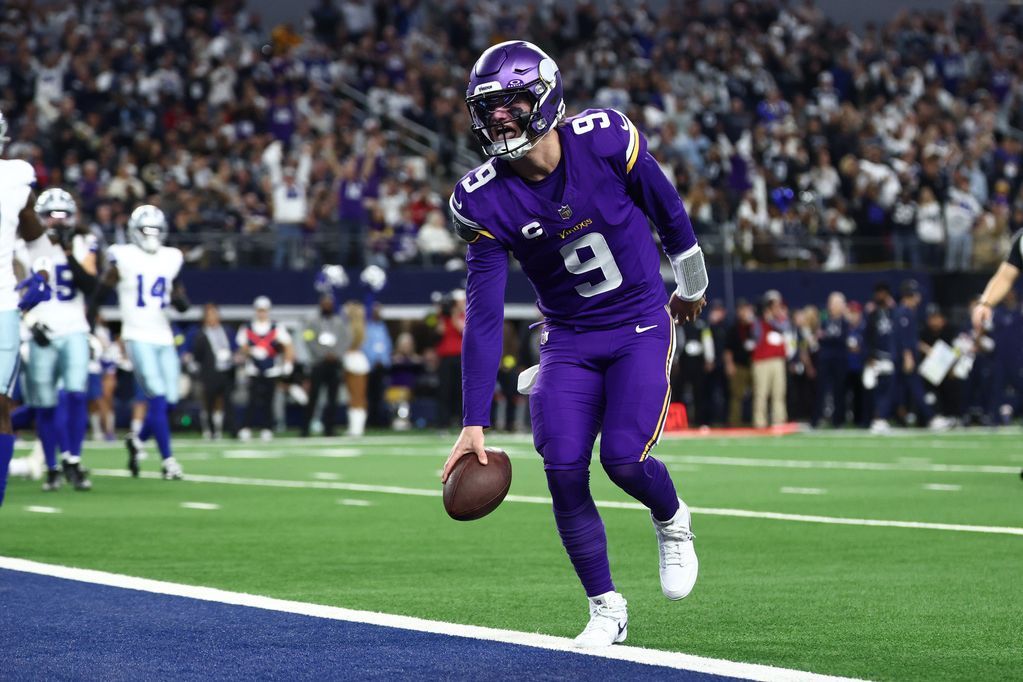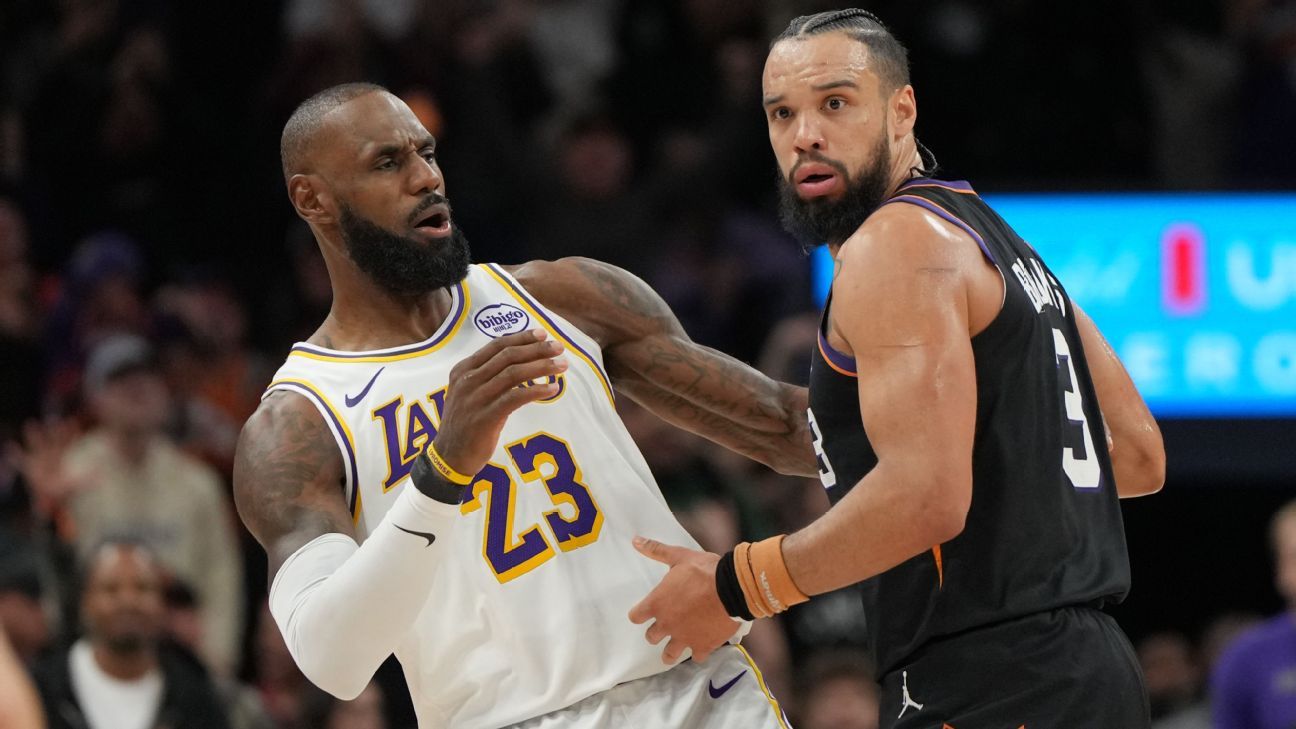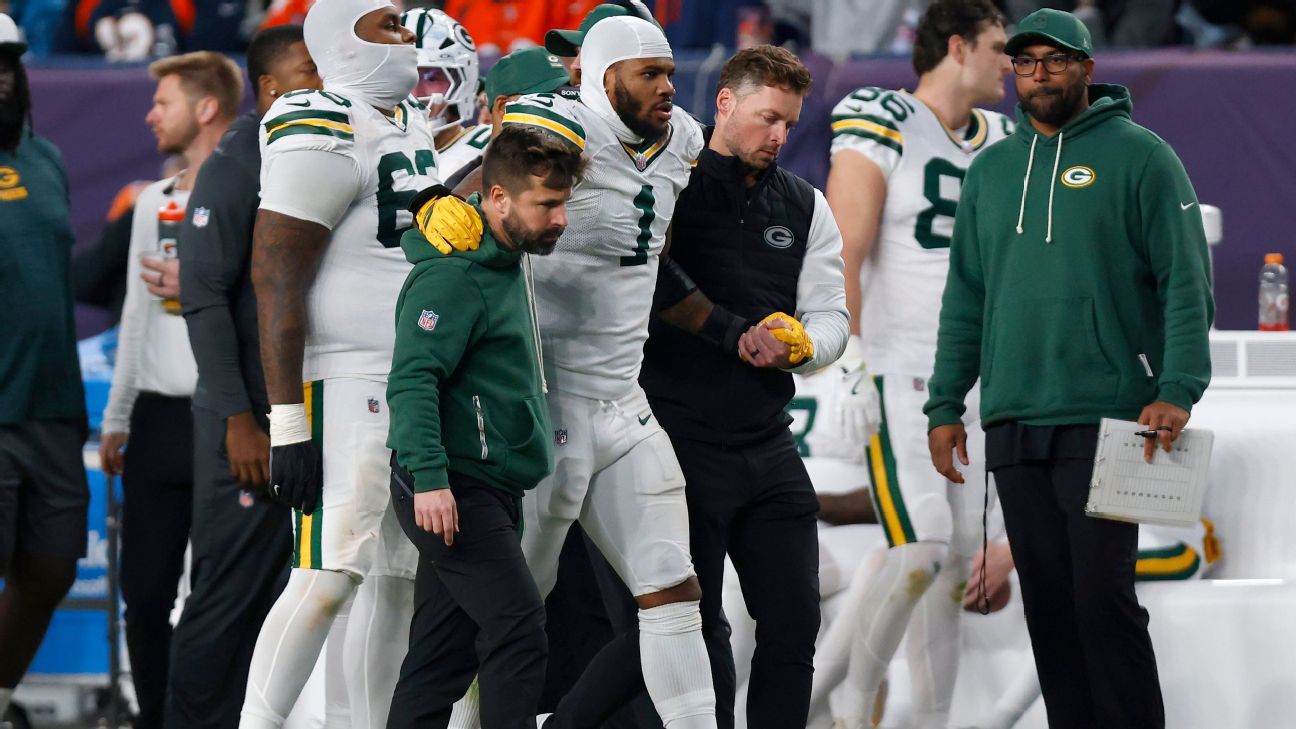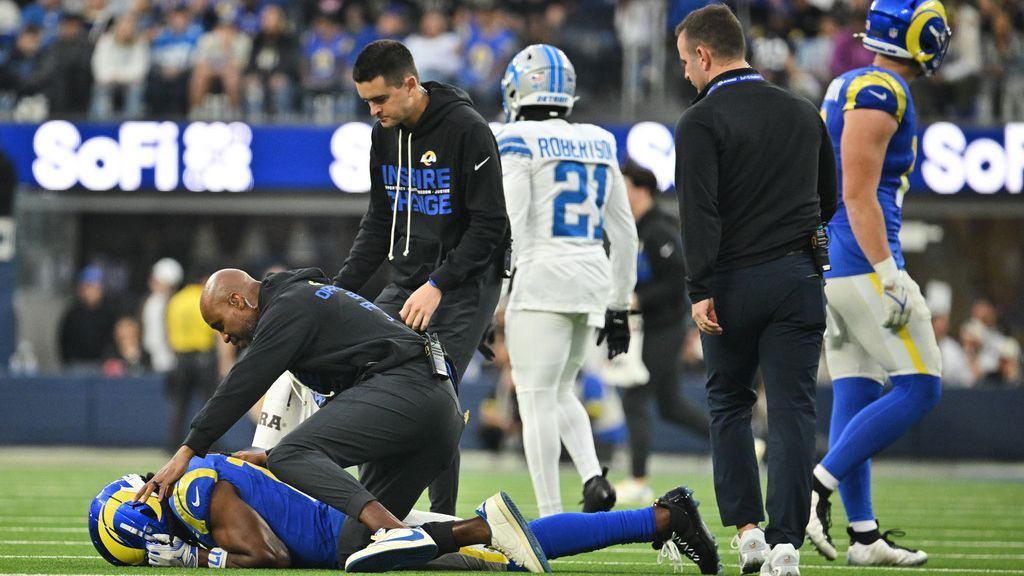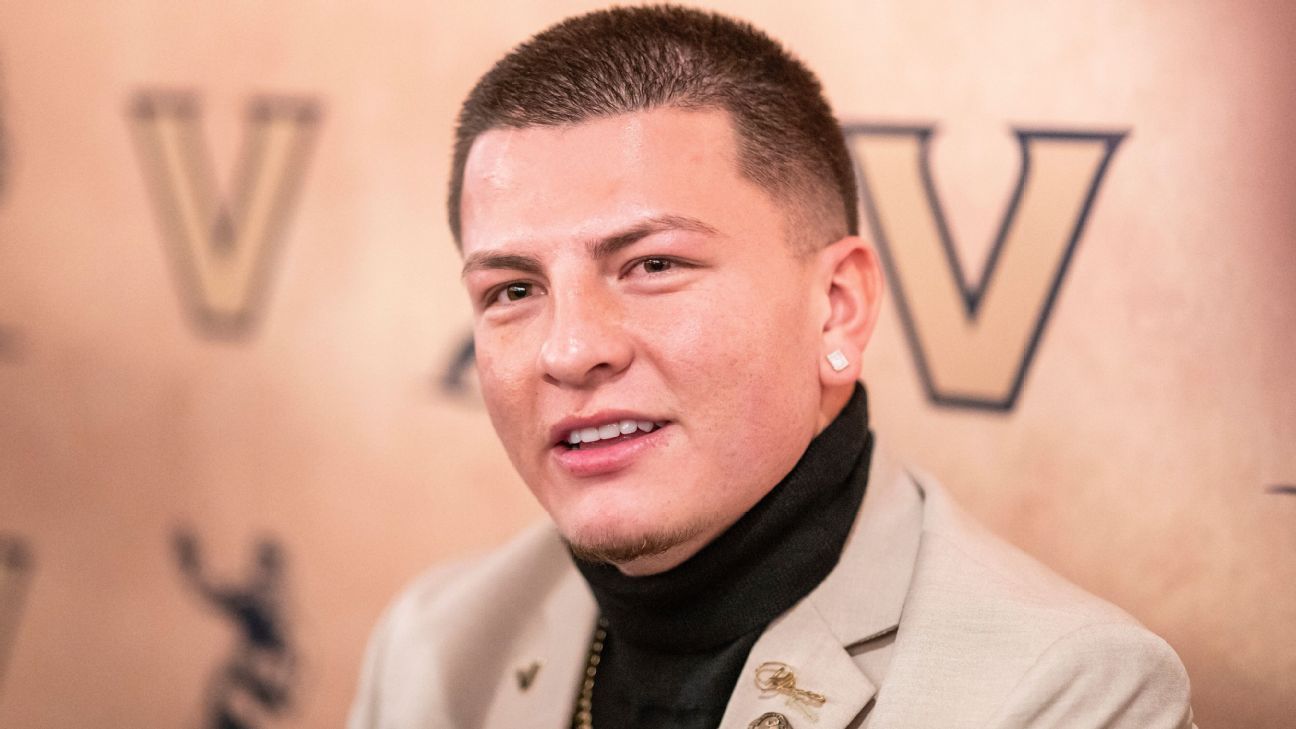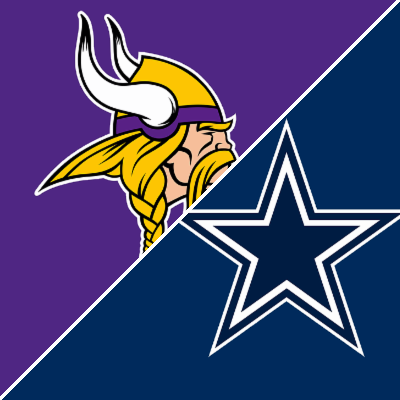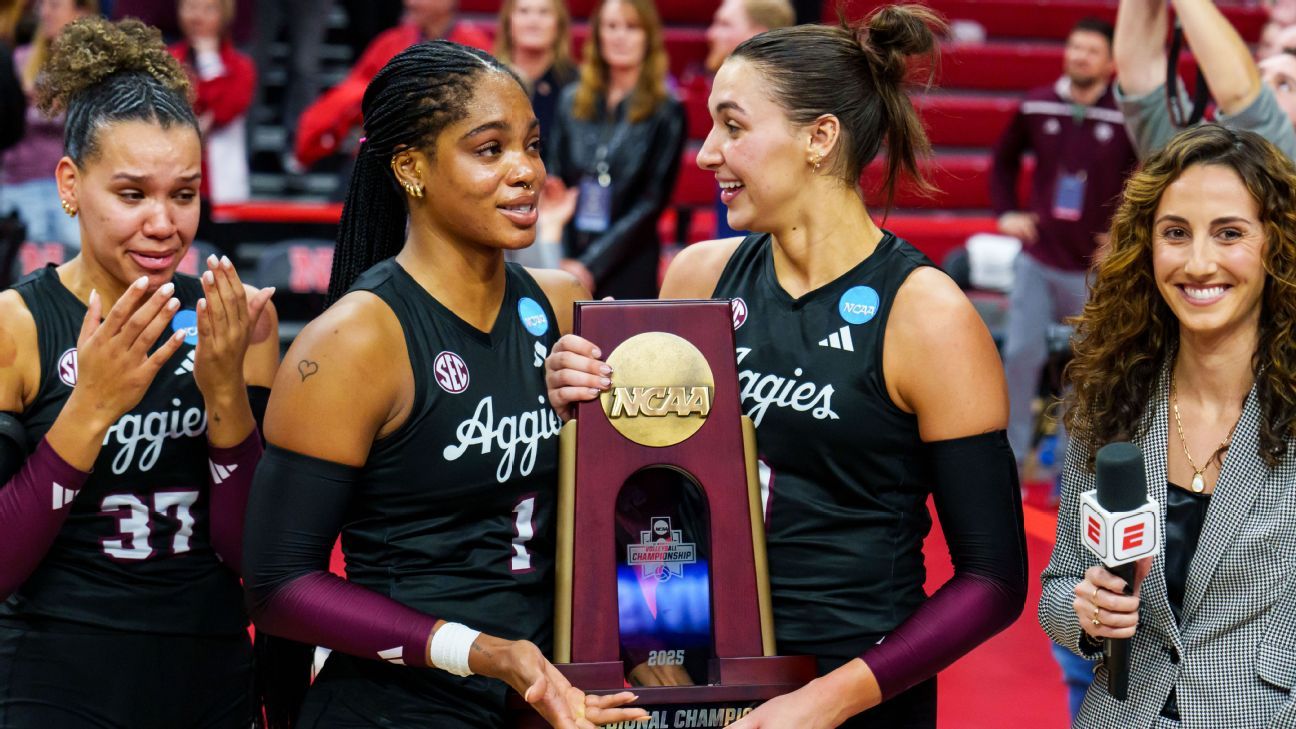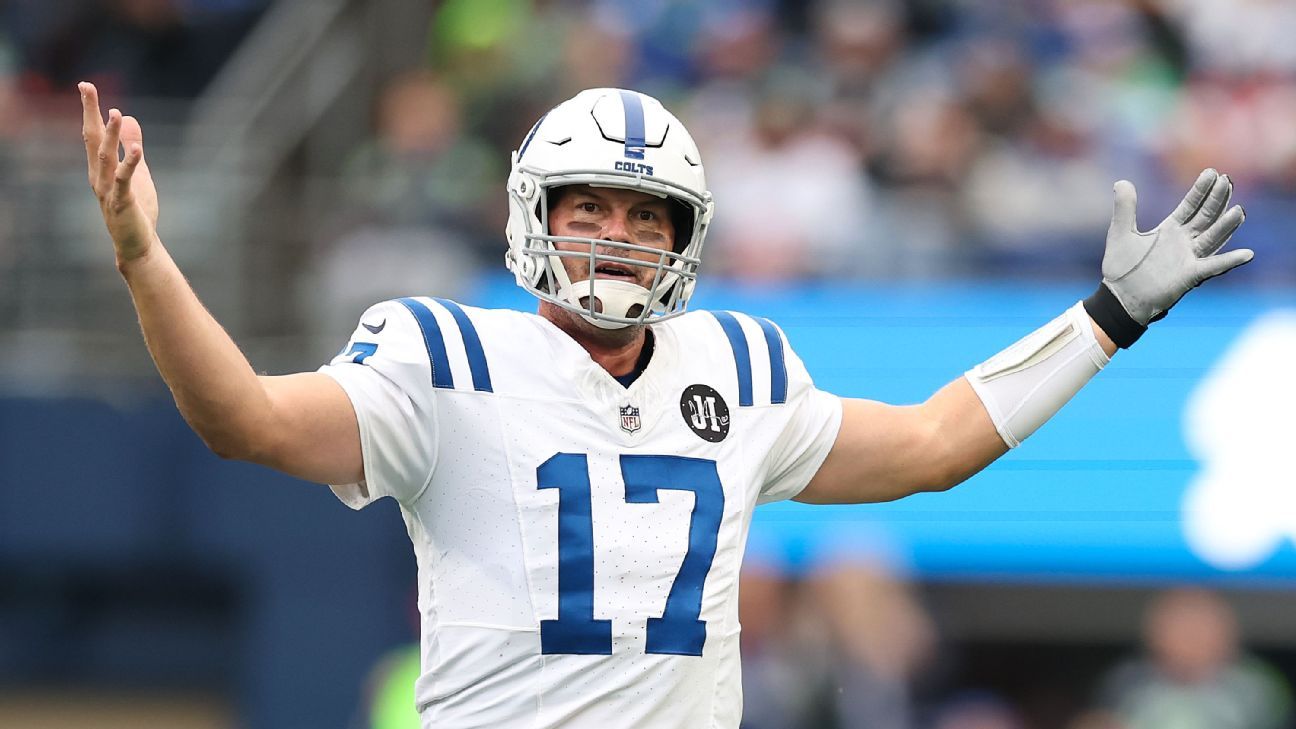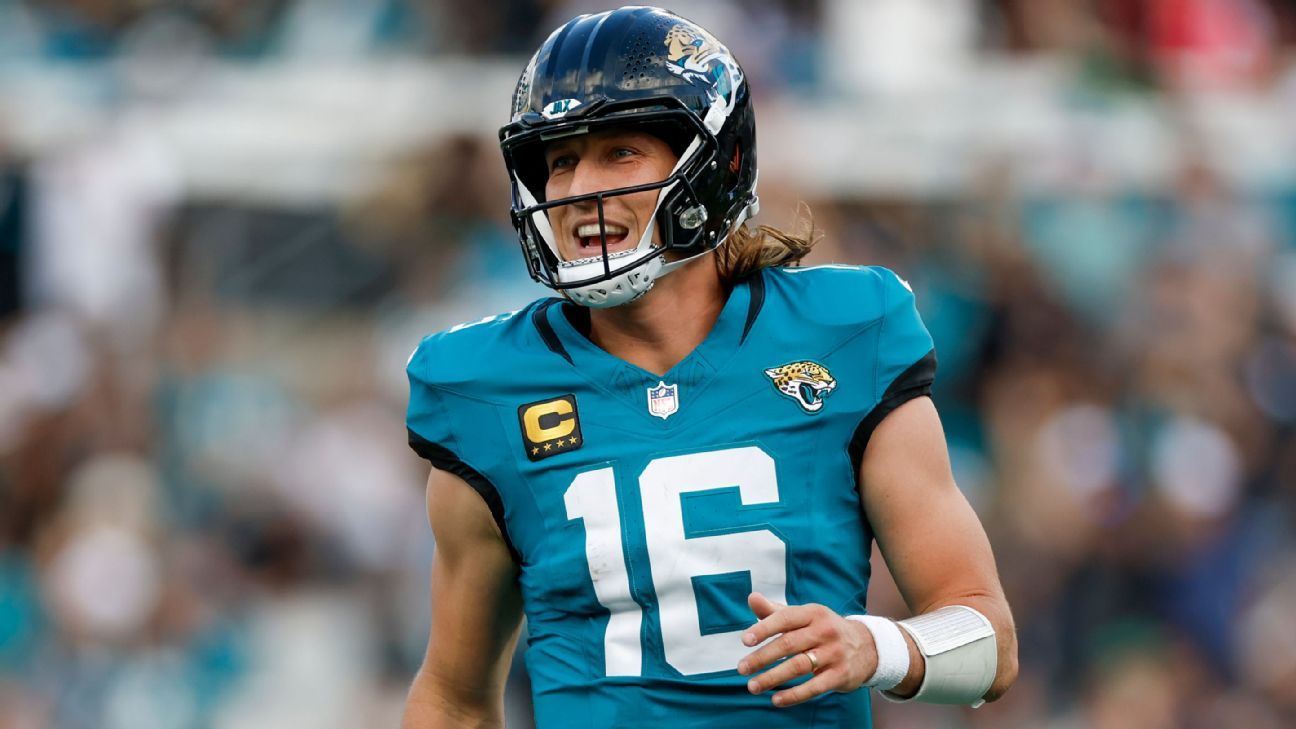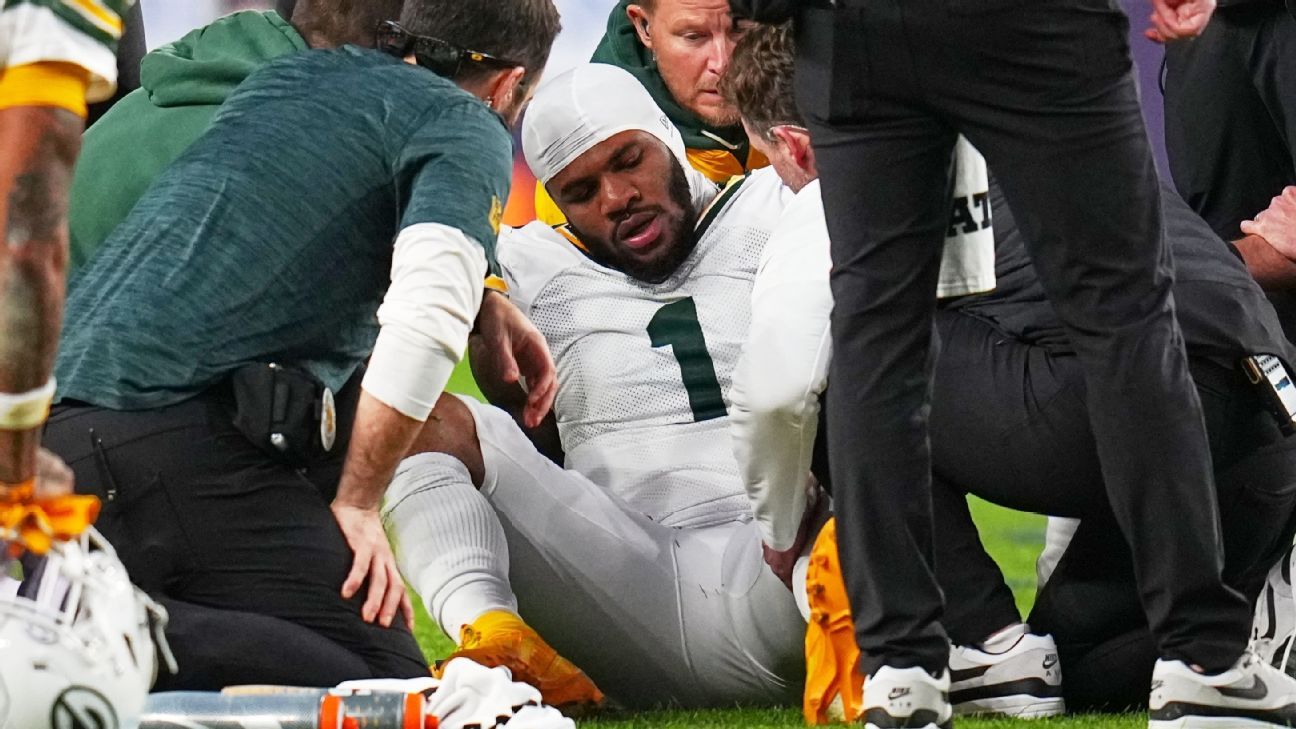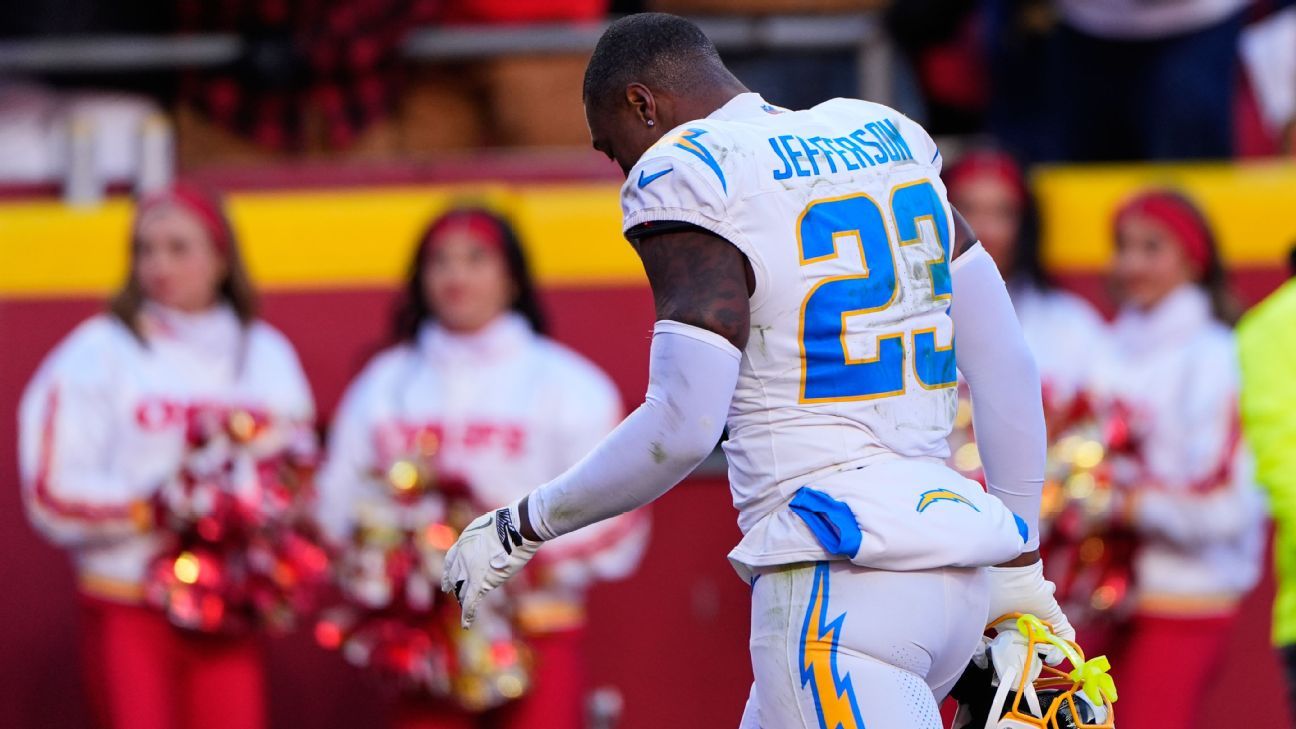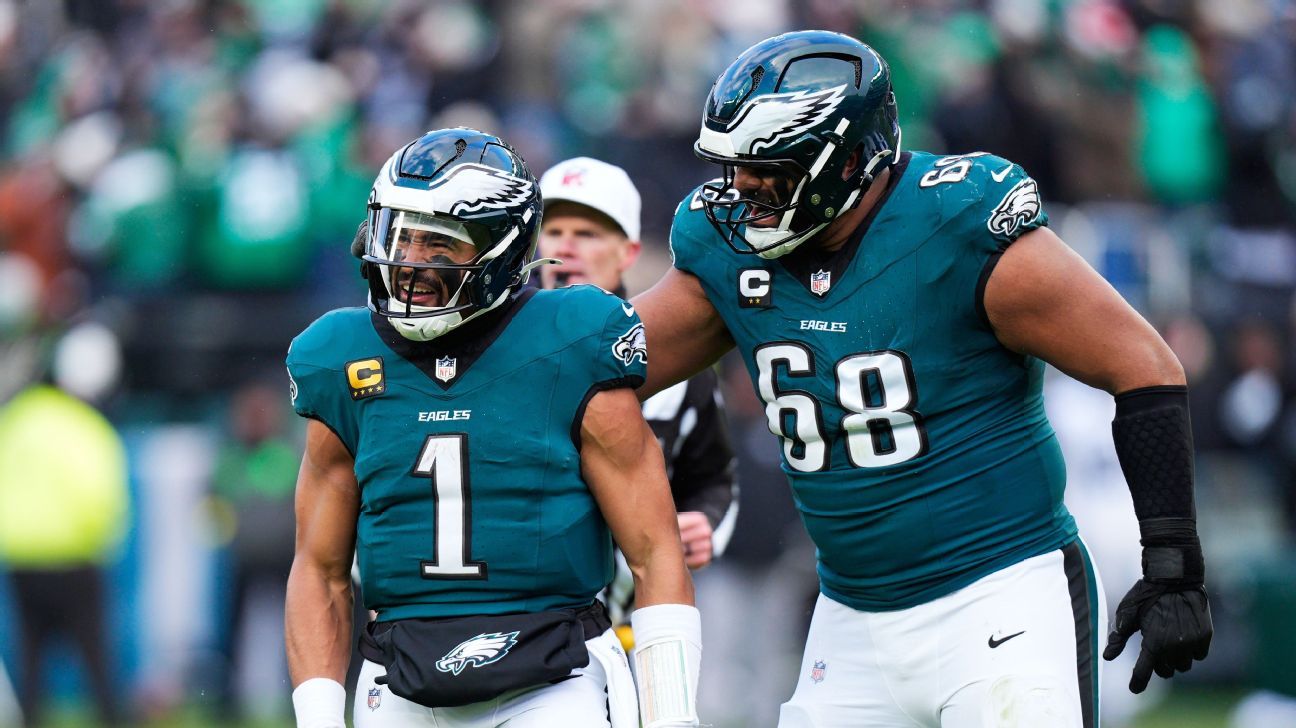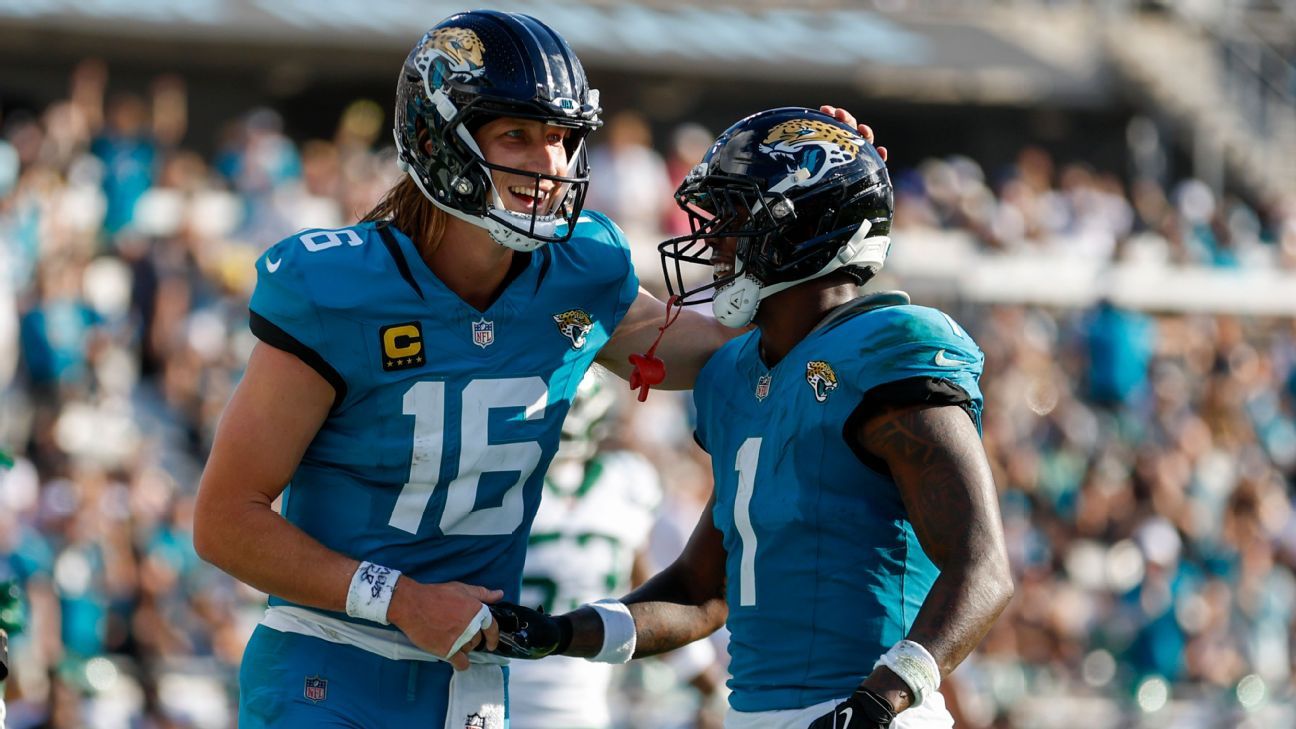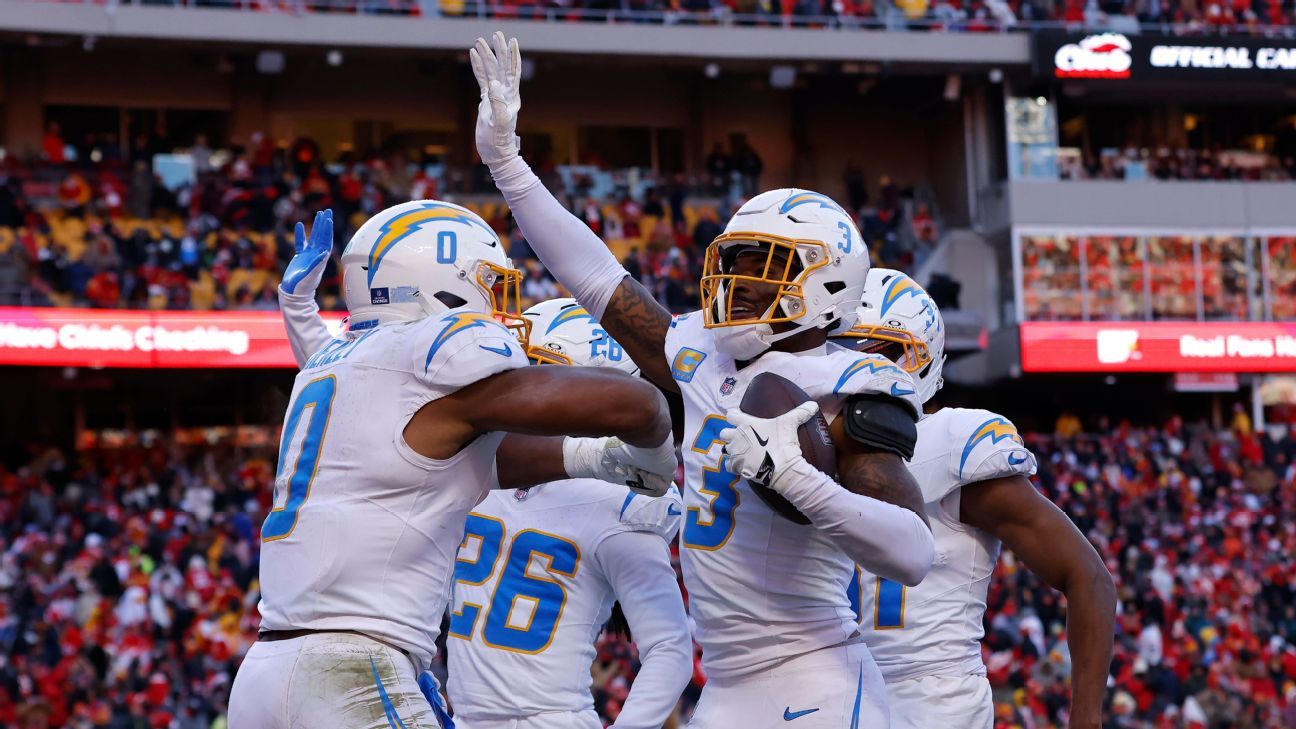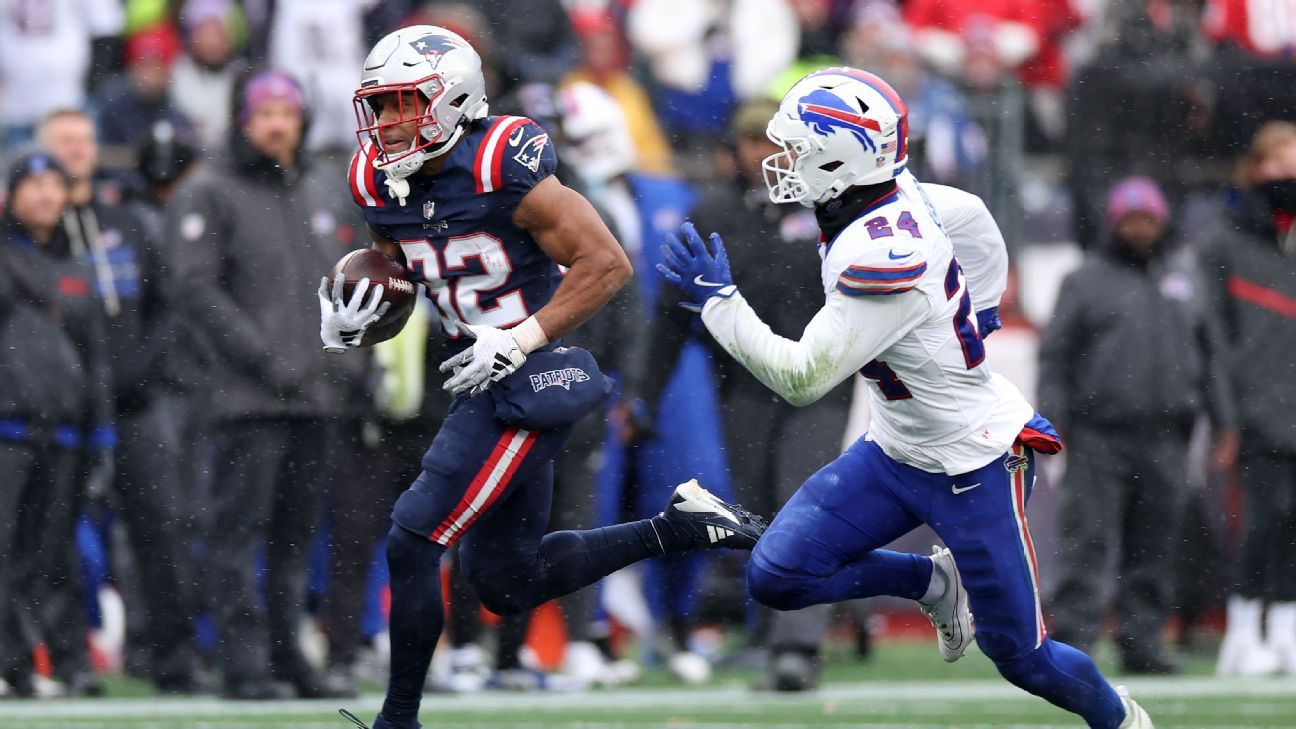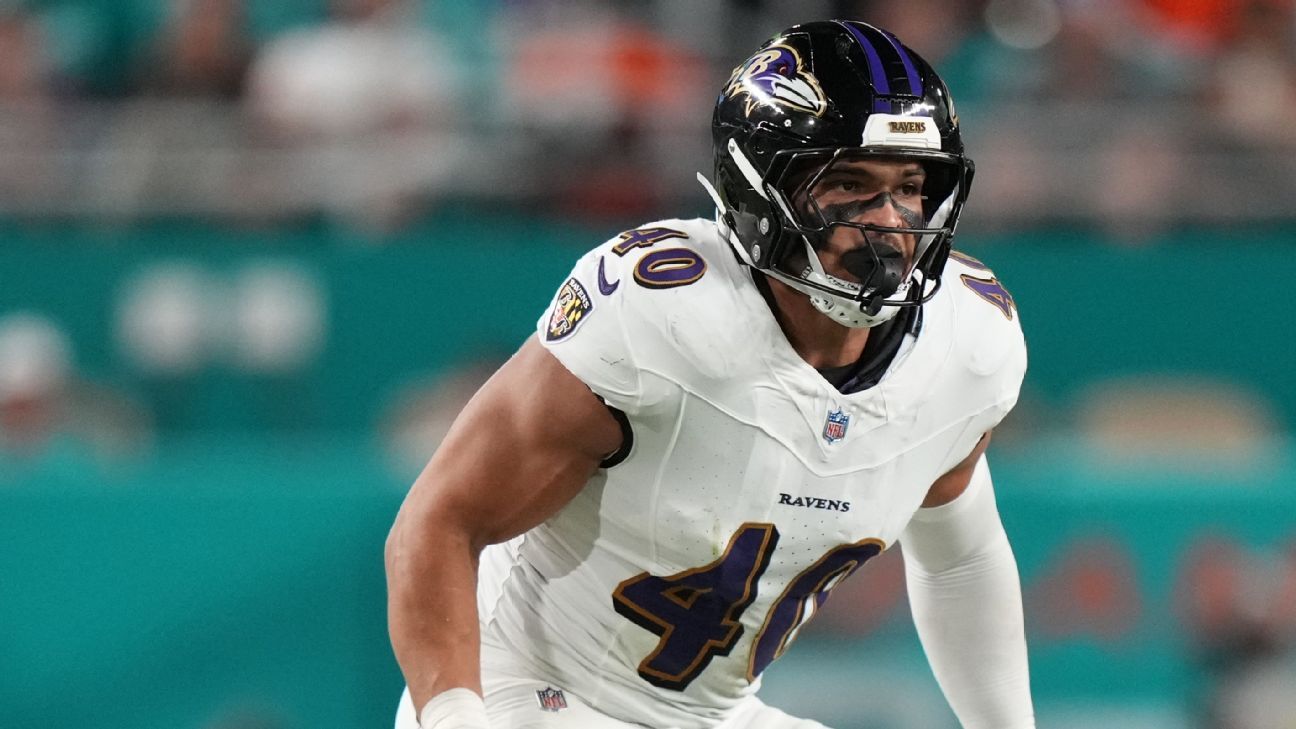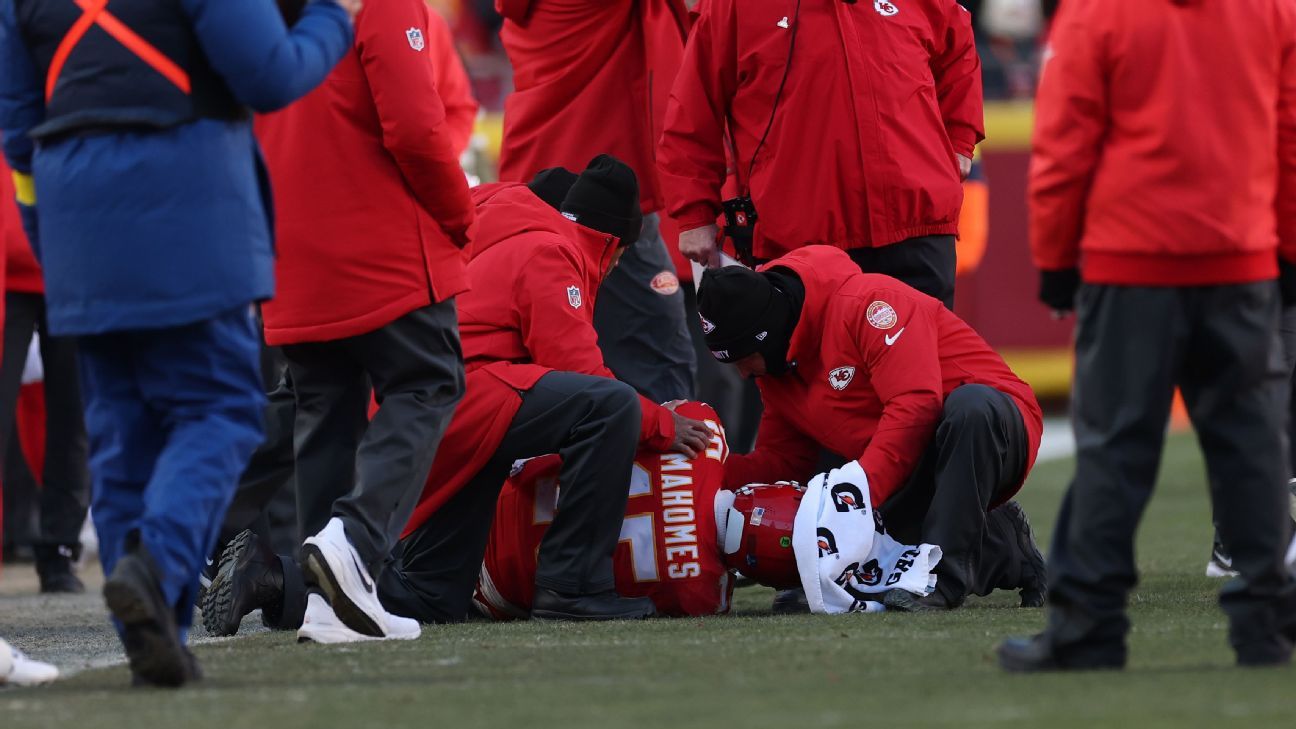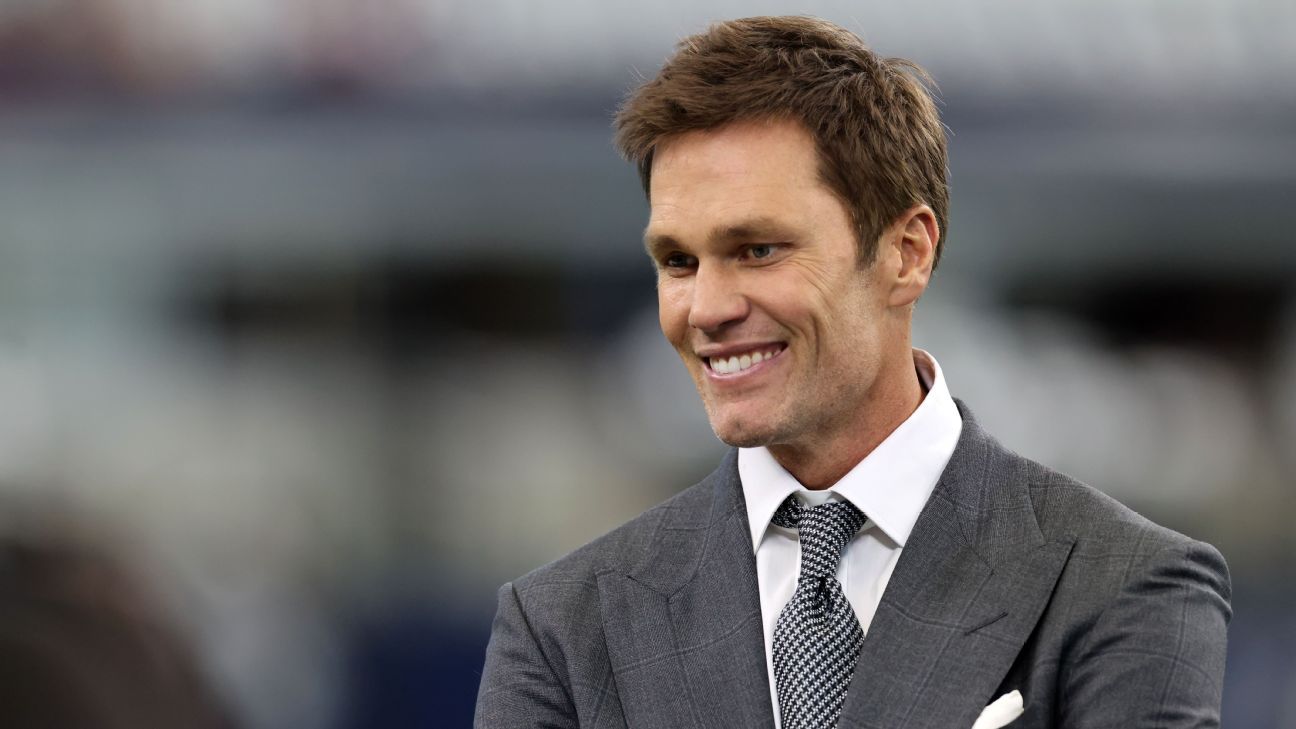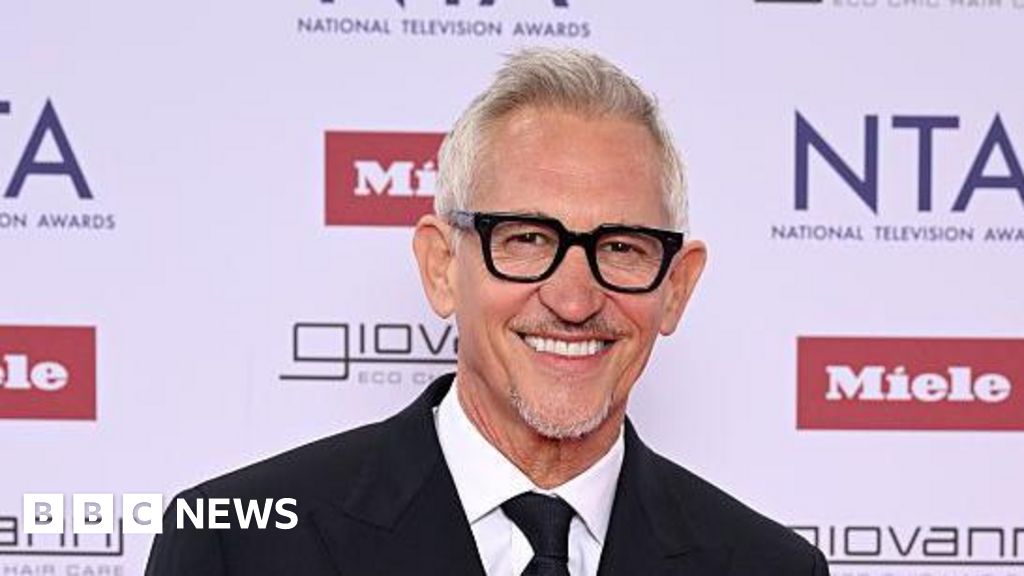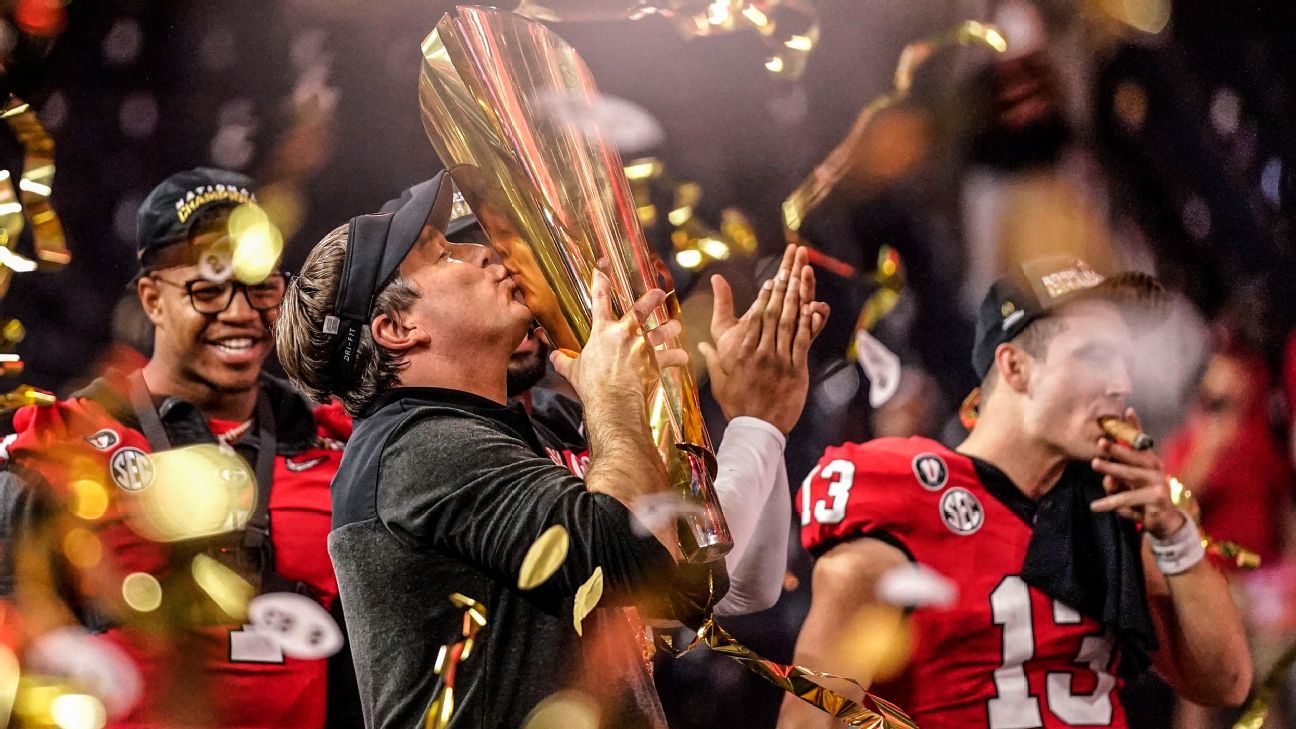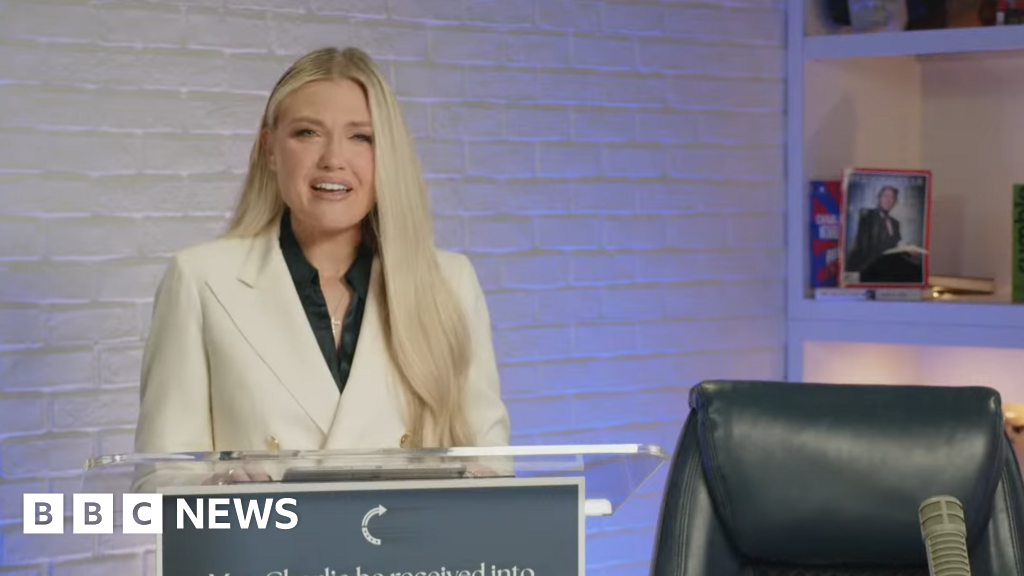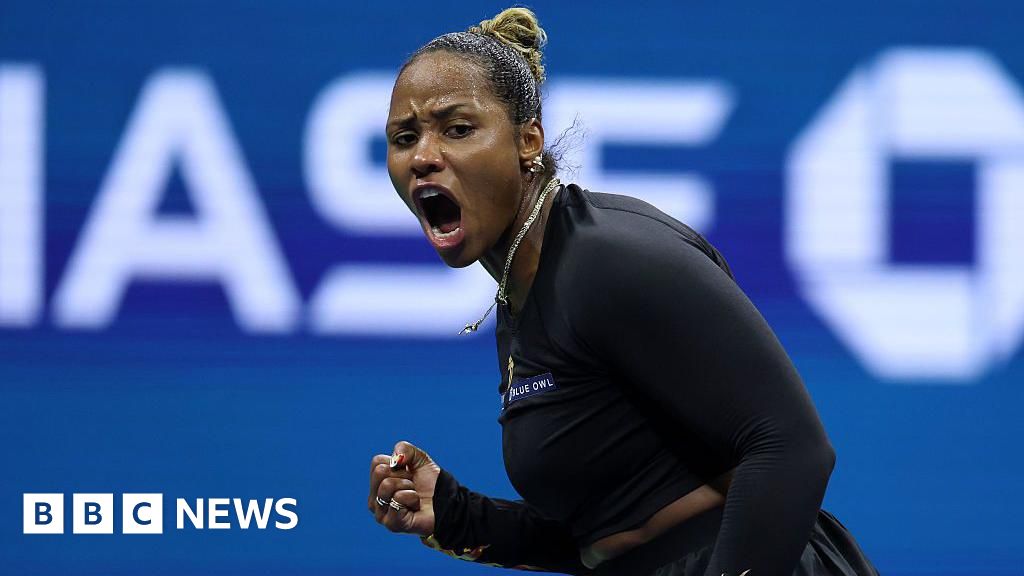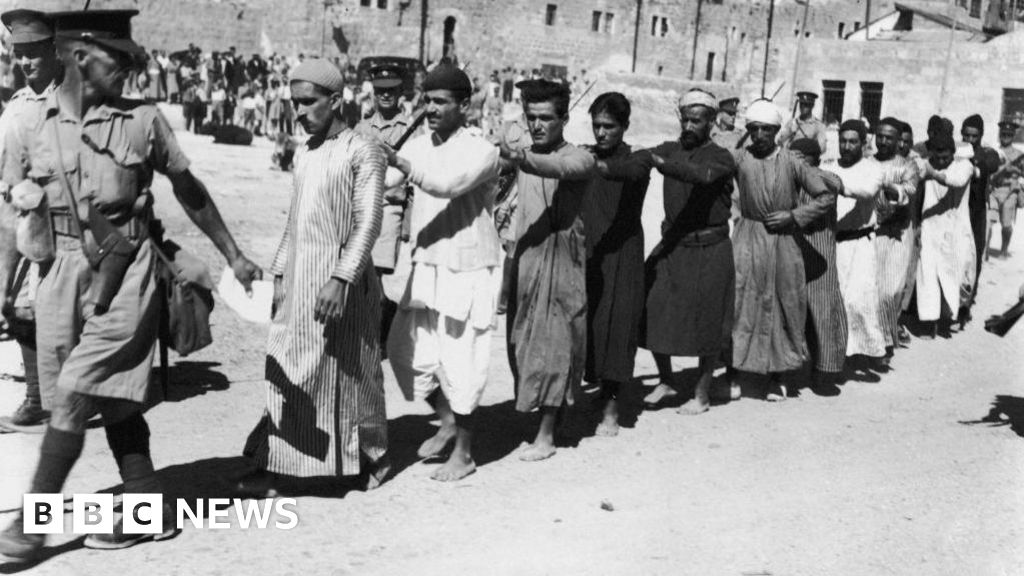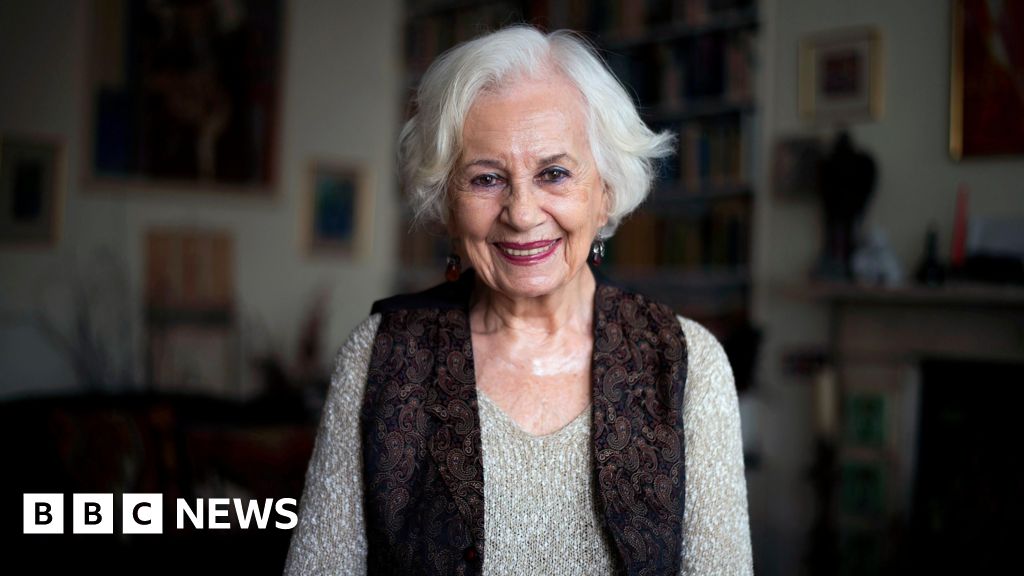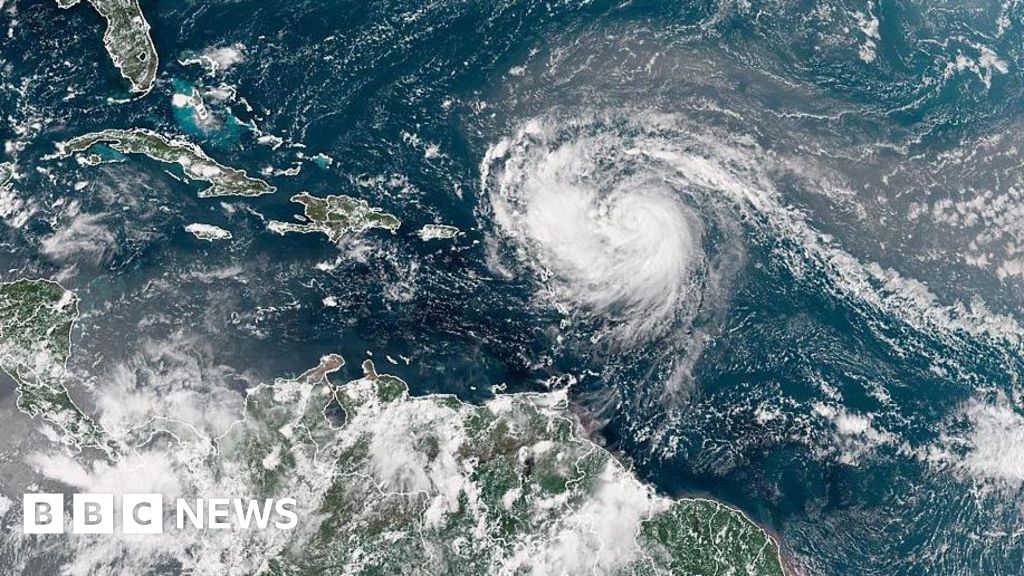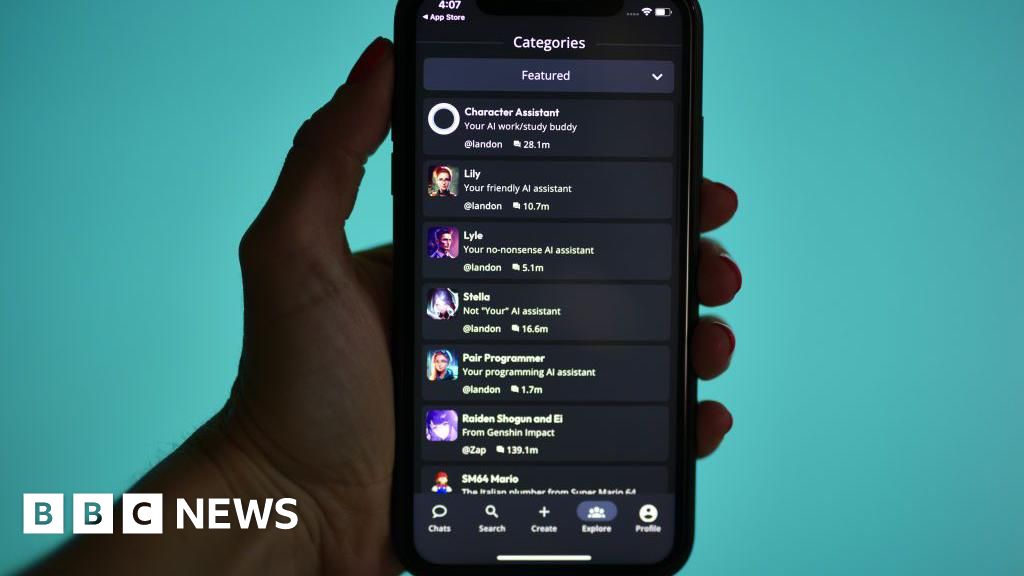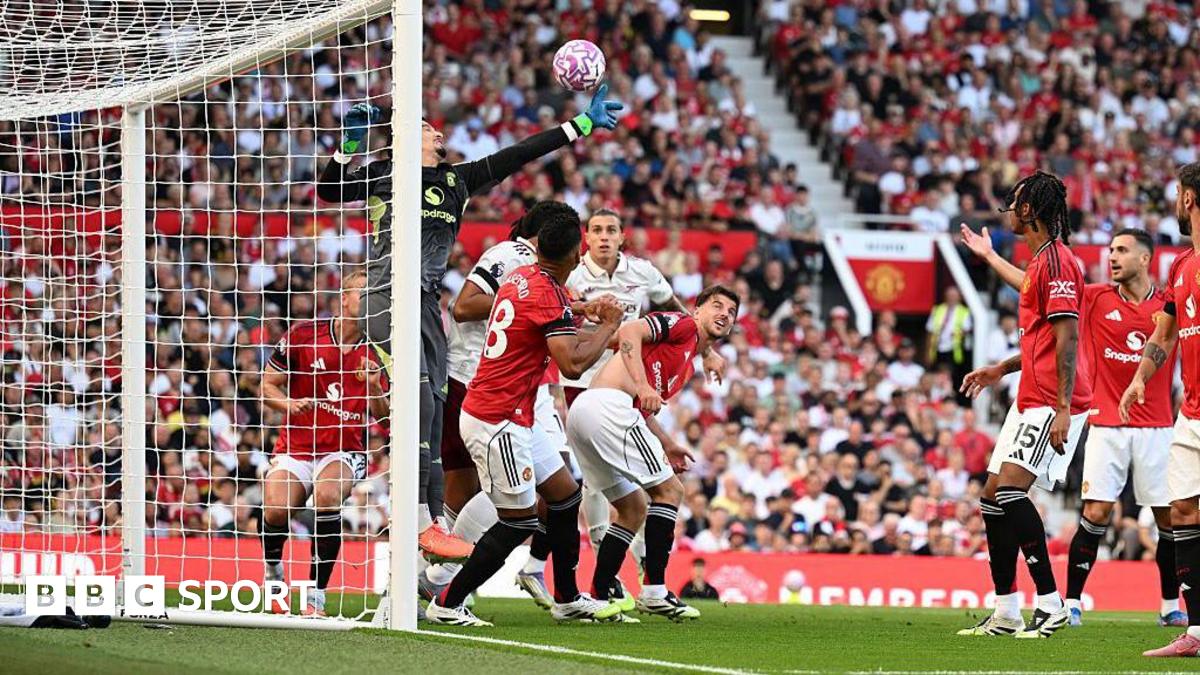
James OlleySep 5, 2025, 01:51 PM ET
It had long been assumed that Daniel Levy's authority at Tottenham as club chairman was so overarching that he would always determine the timing of his own departure. Yet Thursday's dramatic and sudden confirmation he was stepping down quickly shattered that illusion.
Levy, 63, was appointed to the post in March 2001, going on to establish himself as one of the most respected administrators in football. Today, Spurs boast one of the finest stadiums in the world and a state-of-the-art training ground so luxurious former head coach Jose Mourinho once waxed lyrical about the "huge pillows" in the on-site bedrooms, comparable in his mind to a 6-star hotel.
That is Levy. His attention to detail was unrivalled, reflected in the stunning Tottenham Hotspur Stadium with its retractable pitch and in-house microbrewery. He is a man of little sleep and unrelenting standards.
Spurs elevated themselves to join what has become known in the Premier League as the traditional "Big Six," forging a reputation for financial sustainability in an era of increasingly irresponsible and irrational spending.
-- Levy exits Tottenham after 25 years
- O'Hanlon: The worst moves of the summer window, ranked
- Tighe: Why left-footed right wingers are hot right now
With ENIC boss Joe Lewis often willing to take a back seat, Levy's stewardship extended far and wide. He oversaw the hiring and firing of managers, kept tight control of the purse strings and, of course, presided over transfers where, despite the arrival of various recruitment experts like Fabio Paratici or Johan Lange, Levy still remained a hugely influential figure in assembling the squad.
But over time, that combination of Lewis' distance from the day-to-day business and Levy's high level of control made him a target for supporters frustrated about the missing piece of the jigsaw, undoubtedly the most important one: success on the field.
#LevyOut would periodically, but consistently, trend on X. Tottenham matches would often be accompanied by the awkward soundtrack of dissent. In January, disgruntled fans produced a banner during a 2-1 home defeat to Leicester City -- who would win just twice more for the rest of the season and later be relegated -- which read: "24 years, 16 managers, one trophy: time for change."
Despite the turmoil, Spurs went on to win the second trophy of Levy's tenure in May when Tottenham beat Manchester United in the Europa League final. Manager Ange Postecoglou was sacked 16 days later as the triumph failed to mask a dreadful 17th place finish in the Premier League, and a summer of change at many levels has seen senior figures at the club leave, a new CEO appointed and Thomas Frank replace Postecoglou as head coach.
However, Levy's departure is the most seismic shock yet. ESPN examines how it happened.
The club's existential crisis
Who are Tottenham, and what sort of club do they want to be? Last season distilled a long-running existential crisis into a single-issue debate: how much do you want to win a trophy?
Looking at a squad ravaged by injury and a Premier League campaign already slipping through his fingers, Postecoglou took the decision around late January to prioritise the Europa League above all else. It was a decision that was both vindicated in one sense and yet, at the same time, cost him his job.
Postecoglou delivered Spurs' first trophy in 17 years. Fans lined the streets to greet their triumphant team with an open-top bus parade and a manager who had survived months of speculation over his position to deliver unexpected silverware. Yet he was sacked because Levy felt the trophy came at too high a price. Spurs suffered 22 league defeats on their way to finishing 17th. The club statement accompanying Postecoglou's departure made pointed references to a desire to "compete on four fronts," with more expected of an expensively-assembled squad.
This whole saga struck at the heart of the problem Spurs have faced for years, one Postecoglou addressed in May before the final against United.
"When you look at the historical backdrop of this club and what it's been through on the last 20-odd years, I feel like it could be a turning point in terms of the way the club is perceived, but also more how it perceives itself, which I think is the biggest thing," he said.
"What you've got to try and do is break that cycle, but there has to be a higher purpose than shutting people's mouths up. I often say to the players, at the end of your careers, you want to be able to go back to the clubs and know you've made an impact."
Nobody could deny the impact Levy has made off the field and the financial intelligence with which he has achieved it. But the root of many Spurs' fans frustration was that his ambition to be best in class did not extend to the pitch and that there was somehow a satisfaction with a top-four finish, maybe a tilt at one of the domestic cups.
1:29
What next for Tottenham after Daniel Levy's exit?
Spurs fan Jack Hussey, from Rule the Roost podcast, reacts to Tottenham Hotspur chairman Daniel Levy stepping down after nearly 25 years.
Levy always denied this, referencing the club's net spend. According to transfermarkt, Tottenham's net spend in the past five years is €653m -- a figure only surpassed by Manchester United (€782.9m) Arsenal (€772.8m) and Chelsea (€743.5m). And yet, Capology has Spurs' wage bill at £109.8m -- the sixth-highest in the division and almost half what Manchester City are paying.
That conservative -- or, looked at another way, pragmatic and financially responsible -- approach to wages led supporters to feel some players have chosen not to join Spurs because of their inability or reluctance to match wages being offered elsewhere. Nobody at Spurs earns more than around £200,000-a-week -- a fine salary, but if you're pursuing the Premier League and Champions League trophies, your rivals are simply paying more.
Fan frustration at a failure to break the "cycle" Postecoglou referred to focused squarely on the chairman, especially as north London rivals Arsenal passed them by under Mikel Arteta. But there was also internal pressure on Levy.
Sources have told ESPN that a sporting review at Tottenham was carried out by an external consultancy firm at the start of 2025. This led to unprecedented scrutiny around Levy's running of the club. Significantly, Peter Charrington -- a director at ENIC -- was appointed to the Tottenham board in March as that scrutiny intensified.
Shortly afterwards, Vinai Venkatesham was named as the club's new chief executive. Sources close to that decision insist Levy was a key figure in convincing Venkatesham to join, and the pair enjoyed a friendship dating back to Venkatesham's time as an Arsenal executive. The dynamic also changed a little: Venkatesham increasingly took charge of day-to-day operations, while Levy focused on bigger-picture issues relating to future strategy.
Levy then lost Donna-Maria Cullen, his close confidante and fellow board member, after her departure was announced in June. The pair were seen together during Tottenham's preseason tour to Hong Kong and South Korea, with Cullen only formally ending her role on Monday, just three days before Levy's fate was confirmed.
Charrington has taken over from Levy with the Lewis family circulating the idea a change was necessary to ensure more consistent success on the pitch. But there was more going on behind the scenes.
Takeover talk
It has been one of the worst-kept secrets within football that Tottenham have been open to the idea of, at the very least, attracting fresh investment, but even potentially a sale of the club for some time. Spurs have always publicly denied this.
Sources have told ESPN those conversations have been going on for several months, with multiple interested parties from various places including the Middle East and the United States. People familiar with the situation say some within the club have been frustrated by the lack of progress in these talks and felt Levy's approach was a contributing factor. They even suggest the delay became one point of tension between the Lewis family and Levy.
When this was put to a source close to the Lewis family, ESPN was told that the family are committed to the club on a long-term basis, and are not looking to sell.
Lewis's daughter Vivienne, his son Charles and grandson-in-law Nick Beucher -- co-CEO of Tavistock Group, the private investment company which is the majority shareholder of ENIC -- have been more notable presences around the club of late. Vivienne is regularly seen at matches and sits on the Tavistock Group board. Charles is Senior Managing Director of Tavistock, while Beucher holds an MBA and Master's degree in sports business management.
"Generations of the Lewis family support this special football club and they want what the fans want -- more wins more often," said a source close to the Lewis family, adding that there is a need for the club to establish a new hierarchical structure at the club to achieve that aim.
Charrington is a director of ENIC and a long-term trusted adviser to the Lewis family after spending 26 years at Citibank, although his sporting background is minimal.
1:12
Can Kolo Muani reach his full potential at Tottenham?
James Olley reacts to Tottenham's "opportunistic" loan move for Randal Kolo Muani.
Spurs confirmed upon Levy's exit that there were no further accompanying changes to the ownership of the shareholder structure of the club. ENIC own 86.58% of Tottenham, and Levy owns 29.88% of ENIC, though it remains to be seen whether the club does indeed invite fresh investment in the months ahead. Finance experts value Spurs in the region of £3.5bn, perhaps even higher, and it is not difficult to assume the path to new investment could be clearer following recent changes.
Assessing Levy's legacy
Anyone who walks up Tottenham High Road and enjoys a game at the club's home ground has Levy to thank for the experience. It has been established as one of the world's best multi-use venues with concerts and F1 events a regular fixture, and will provide a major source of revenue for years to come.
The lead architect used to joke that Levy never slept. "We would arrive somewhere at two in the morning, talk for a few hours, then he would say 'we have a meeting in three hours,'" Chris Lee, managing director of Populous, said shortly before the £1billion arena opened in April 2019. "It has been a great experience, trying to strive for perfection."
Despite the frustration at a lack of consistent success, fans also have sporting memories: the 2008 League Cup win, the 2019 Champions League Final run, the 2025 Europa League triumph. But ultimately, he will remain a divisive figure in the club's history, especially with so much of the frustration aimed in his direction still fresh in the minds of many supporters.
Perhaps the man himself summed it up best. Speaking last month in a rare interview, Levy said: "I think it's one of those situations [in which] when I'm not here I'm sure I'll get the credit. When you come here and look at this wonderful [stadium], and the fact that other clubs are now trying to copy what we're doing, that should be a sign that maybe we did do something bold, and something right."


